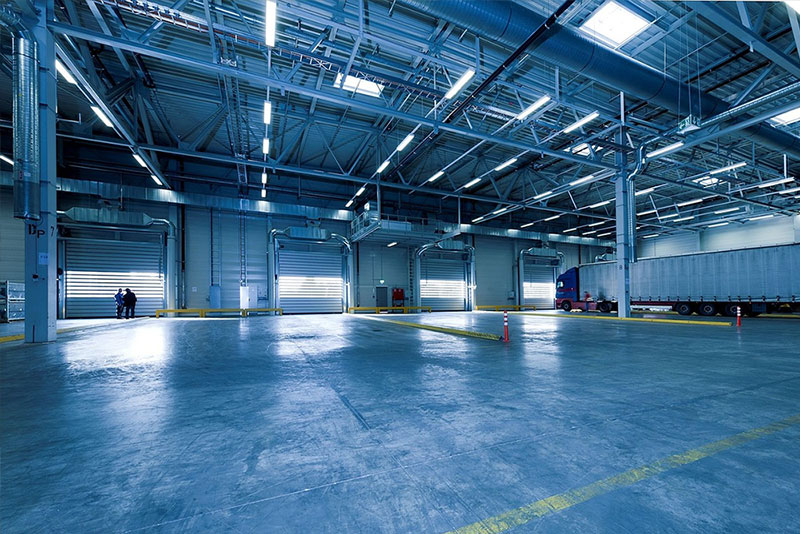Global logistics optimization is a crucial strategy for businesses aiming to streamline operations and maximize efficiency in today's interconnected world. By leveraging advanced technologies and strategic methodologies, companies can significantly enhance their supply chain management processes.
At its core, global logistics optimization involves the systematic review, analysis, and enhancement of logistical operations across international boundaries. This approach not only aims to reduce costs but also strives to improve delivery times, inventory management, and overall customer satisfaction.

One of the key aspects of global logistics optimization is the utilization of data-driven insights. By harnessing big data and analytics, companies can gain deeper visibility into their supply chains. This enables them to identify inefficiencies, anticipate demand fluctuations, and make informed decisions in real-time.

Furthermore, the implementation of advanced logistics technologies plays a pivotal role in optimizing global supply chains. Automation, artificial intelligence, and IoT (Internet of Things) devices facilitate smoother operations, minimize errors, and enhance the accuracy of inventory tracking and order fulfillment.
Another critical component of global logistics optimization is strategic partnerships and network optimization. Collaborating with reliable logistics providers and optimizing transportation routes can lead to reduced lead times and transportation costs. Moreover, a well-structured logistics network ensures resilience against disruptions and enables swift adaptation to market changes.
For businesses operating on a global scale, the benefits of logistics optimization extend beyond operational efficiencies. Improved supply chain agility allows companies to respond promptly to customer demands, thereby gaining a competitive edge in the market.
In conclusion, global logistics optimization is indispensable for modern businesses seeking sustainable growth and operational excellence. By integrating advanced technologies, leveraging data-driven insights, and optimizing logistics networks, companies can achieve higher efficiency, lower costs, and greater customer satisfaction in the dynamic global marketplace.